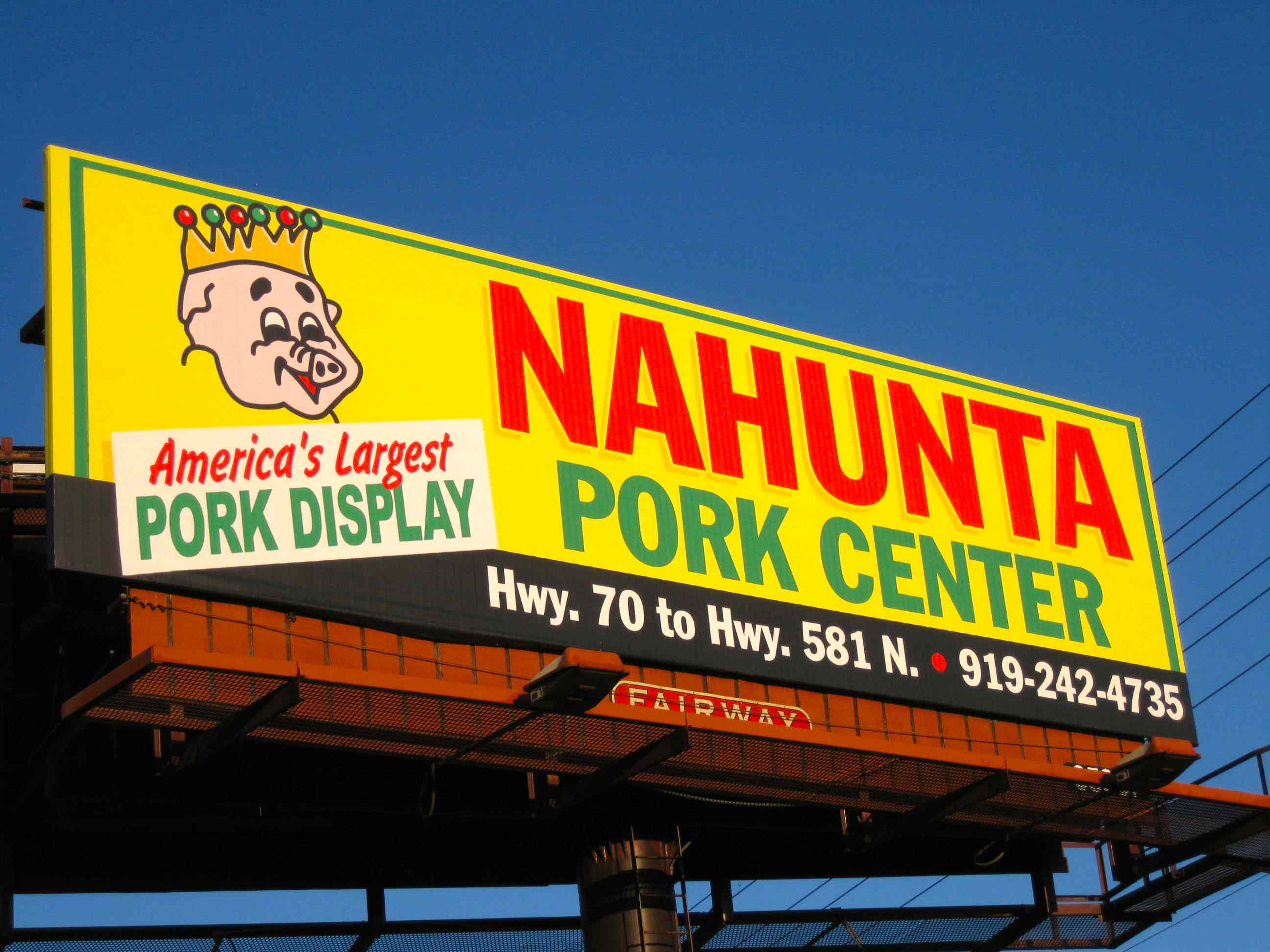Topophilia is the affective bond between people and places, and also the title of an influential 1990 book by human geographer Yi Fu Tuan. I was thinking about this yesterday as my wife and I drove across the North Carolina coastal plain to visit relatives. Highway 70 from Raleigh east toward the coast is not a scenic drive by any objective standard. The topography is flat and monotonous, and the road corridor is infested with strip malls, billboards, convenience stores, and tourist traps.

Yet, as it does every year when I make the trek east from Kentucky, this crappy stretch of highway triggered fond associations with eastern North Carolina—topophilia, I reckon. I am a native of the region, taught for nine years at East Carolina University, and my wife’s family lives there. My post-dissertation field research sites were there, and there are some sites I still monitor during my family visits.
There is nothing much of interest to view from US 70, but when I cross a creek, it reminds me of the many days I’ve spent—both in research and recreation—on the rivers and streams and swamps and marshes of the N.C. Coastal Plain. The tobacco fields had mostly just undergone their first priming (harvesting) of the lowest leaves or “sand lugs” that mature first (for my Kentucky friends from burley tobacco country, the flue-cured tobacco of eastern NC is harvest one leaf or layer of leaves at a time, rather than cutting the whole stalk). That reminded me of what it was like in the small farming towns I grew up in when the warehouses opened in late summer, and people who’d been scraping by had money in their pockets for a change. You could smell the tobacco curing in the barns, feel the excitement on the small town streets, and you listened to the farm reports to see what the prices were. I’m not a big fan of tobacco products and the corporations that sell them, but for better or worse, it’s part of my topophilia.
Later, when I began doing soil geomorphology and pedology research in the coastal plain, I learned to quickly recognize the common soil types—the ubiquitous Norfolk, Goldsboro, Lynchburg and Rains loamy sands, the thick sands of the Wagram and Troup, the clayey Craven and Lenoir, and the peats and mucks of the swamps and pocosins. The tobacco and corn and soybean fields don’t look like much, but they remind me of the underlying soils, and the rewarding days with the soil probe, auger, and shovel.
North Carolina in general, and eastern N.C. in particular, has always been way too right wing and reactionary to suit me (“conservative” doesn’t do their/our politics justice). Amazingly, in the 17 years I’ve been gone (and remember, I spent those years in Kentucky and Texas, so it’s not like I haven’t been in contact with the Fox news-watchers), it has gotten even more regressive, repressive, and aggressive. Along highway 70, for example, there are even more gun stores than there used to be, and yesterday’s drive featured several signs advertising sales on assault rifles. Lord have mercy . . . .

The hate-and-fear politics of those people disturbs me. But those people are my people. The rape and pillage of the coastal waters and landscapes by the developers and their political cronies disgusts me. But the unsullied bits that are left still call to me. Running on some trails in Croatan National Forest this morning, I realized that I have almost a paternal feeling about that landscape.

Colt AR-15 assault rifle--on sale now along US highway 70 in North Carolina!
Human geography, environmental perception and psychology, etc. are well beyond my professional capabilities, and I don’t pretend to understand topophilia beyond my own experiences with it. But just as we may love some people despite some serious flaws, places don’t necessarily have to earn or deserve our affection. On the other hand, topophilia is not, for me, a simple matter of familiarity. Every time I head east on 70, I feel better when I put Raleigh in the rear view mirror. I also spent time in that part of N.C., and even though nothing bad happened to me there, I have absolutely no place affection for the Raleigh-Durham area.
